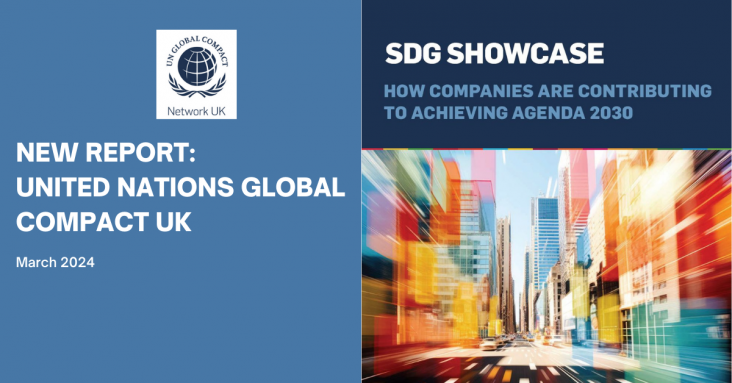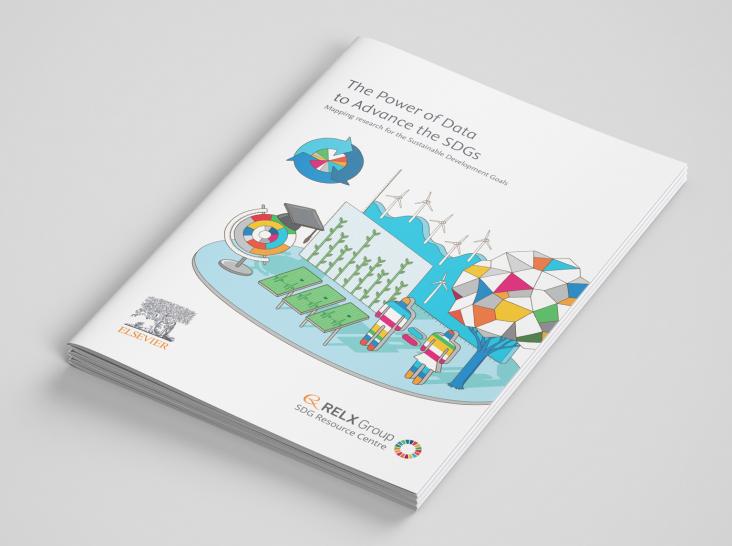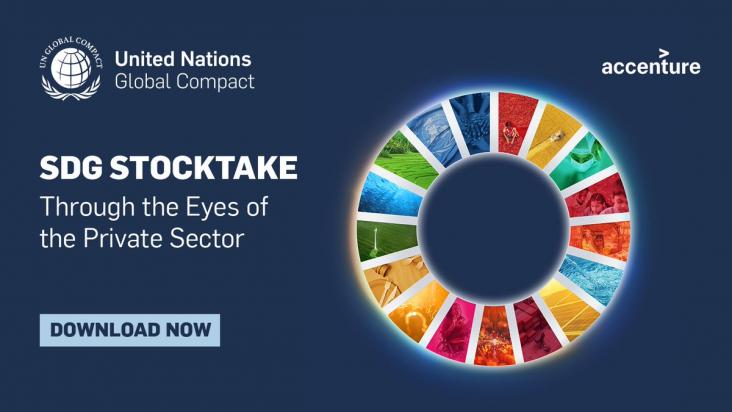Promote sustained, inclusive and sustainable economic growth, full and productive employment and decent work for all

In recent years, increased expectations from investors, regulators, employees, and customers have put significant pressure on companies to increase their sustainability efforts.
The Sustainable Development Goals (SDGs) are not just another sustainability framework, but the only universally agreed blueprint to turn meaningful ambition into transformational change. However, businesses report difficulties in integrating the SDGs into their core strategies and in understanding, reporting, and managing their impact on the Goals.

Access to information is critical in achieving the SDGs - empowering the public to make decisions, informing policy making and enabling effective implementation and monitoring. RELX businesses regularly produce and publish free to download reports and analytics that draw upon vast amounts of information and data in support of the SDGs. Explore some of the reports and tools developed to date.

The United Nations Global Compact-Accenture Global Private Sector Stock take report report offers an appraisal of private sector contributions to the SDGs so far and outlines a clear pathway for private sector action over the next seven years.
Partner content
United Nations UniversityUnited Nations University, September 2019.
Directly relevant to SDGs 8 (Decent Work and Economic Growth) and 17 (Partnerships for the Goals), this report explores a public-private partnership which puts the financial sector at the heart of global efforts to end modern slavery and human trafficking and accelerate action in eradicating these practices.
This report showcases the latest transaction patterns, trends and cybercrime threats in Europe, the Middle East and Africa (EMEA). It is essential reading for anyone involved in cybersecurity, financial crime, digital identity, fraud management and threat detection, advancing SDGs 8 (decent work and economic growth) and 16 (peace, justice and strong institutions).
Partner content
United Nations UniversityUnited Nations University, New York, March 2019.
Focussing on SDGs 8 (Decent Work and Economic Growth), 16 (Peace, Justice and Strong Institutions) and 17 (Partnerships for the Goals), Dr Alison Gardner, head of the Rights Lab’s Governance Programme, discusses the Slavery-Free Communities Programme’s work, highlighting promising practices in the context of Nottingham and the UK.
Partner content
United Nations UniversityUnited Nations University, February 2019.
Directly relevant to SDGs 8 (Decent Work and Economic Growth) and 16 (Peace, Justice and Strong Institutions), this piece explores an innovative methodology for modelling the risk of modern slavery.
To advance goals 8 and 16, this report provides a list of concrete actions that different stakeholder groups — including business, the investor community, Governments, the UN and civil society — can take to scale up business action and investment in high-risk areas. It also provides an overview of eight multi-stakeholder initiatives that support stakeholders in scaling up these actions.
Investors, governments, and other stakeholders are increasingly demanding that companies demonstrate sustainable strategies aligned with the SDGs. A credible SDG strategy allows a company to clearly communicate its impact, facilitates easier access to the growing market for SDG financing, and connects investors with a pipeline of potential opportunities to address the SDG investment gap. This guide seeks to support companies looking to integrate the SDGs into their financial strategy and business model, contributing to SDGs 8, 12 and 17.
While the public sector and public finance will be core to the implementation of the SDGs, it is widely acknowledged that the private sector and capital markets must also play a key role. This report furthers SDGs 8, 12 and 17 by seeking to inspire major players in the investment value chain to build a market for mainstream SDG investments, with enough scale, liquidity and diversification to attract large institutional investors and finance a broad set of private- and public-sector activities in support of the SDGs.
